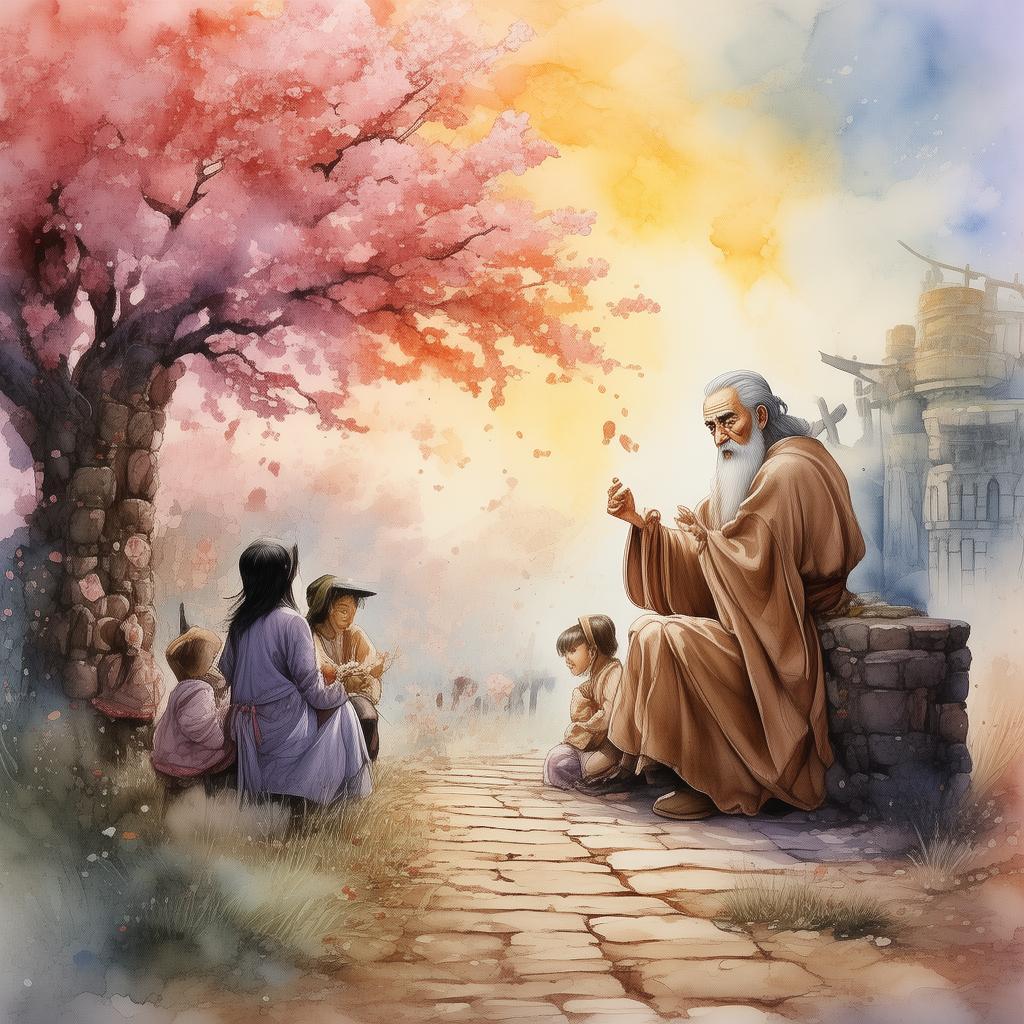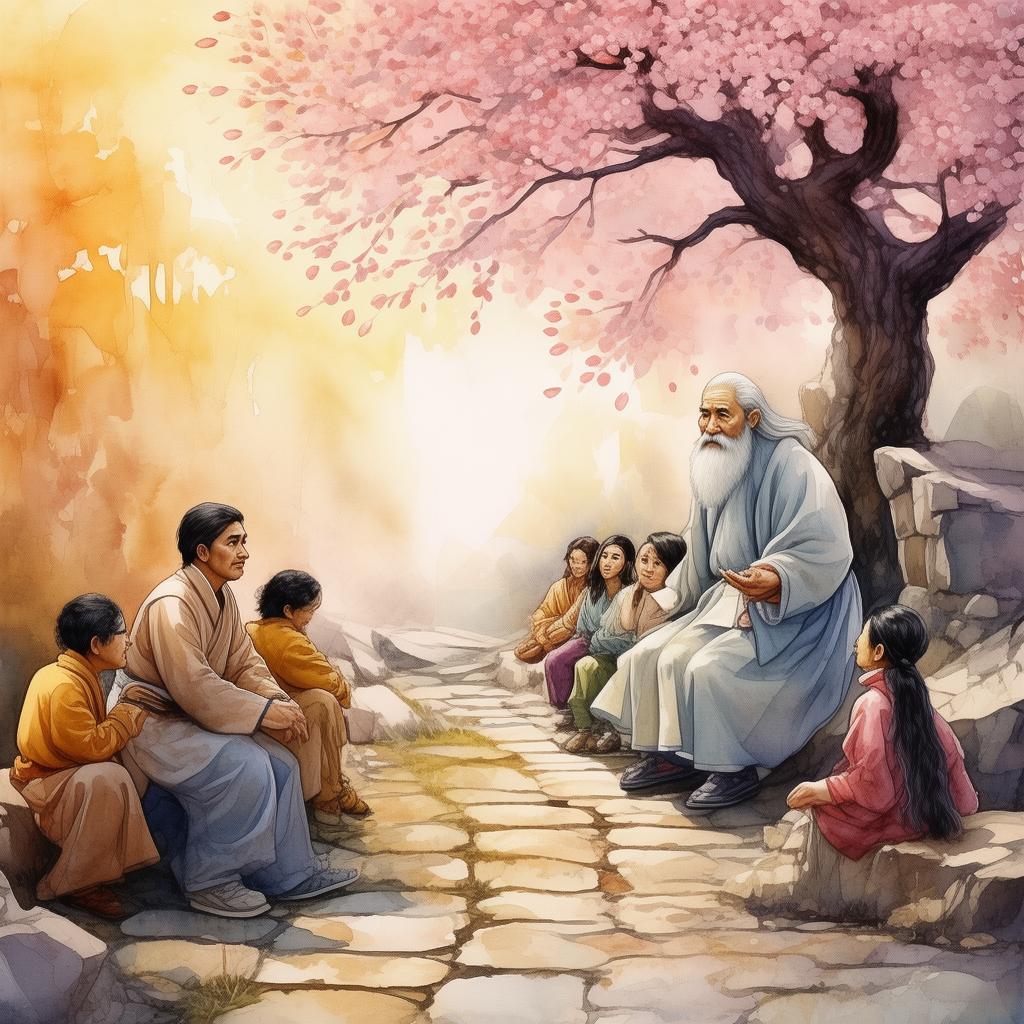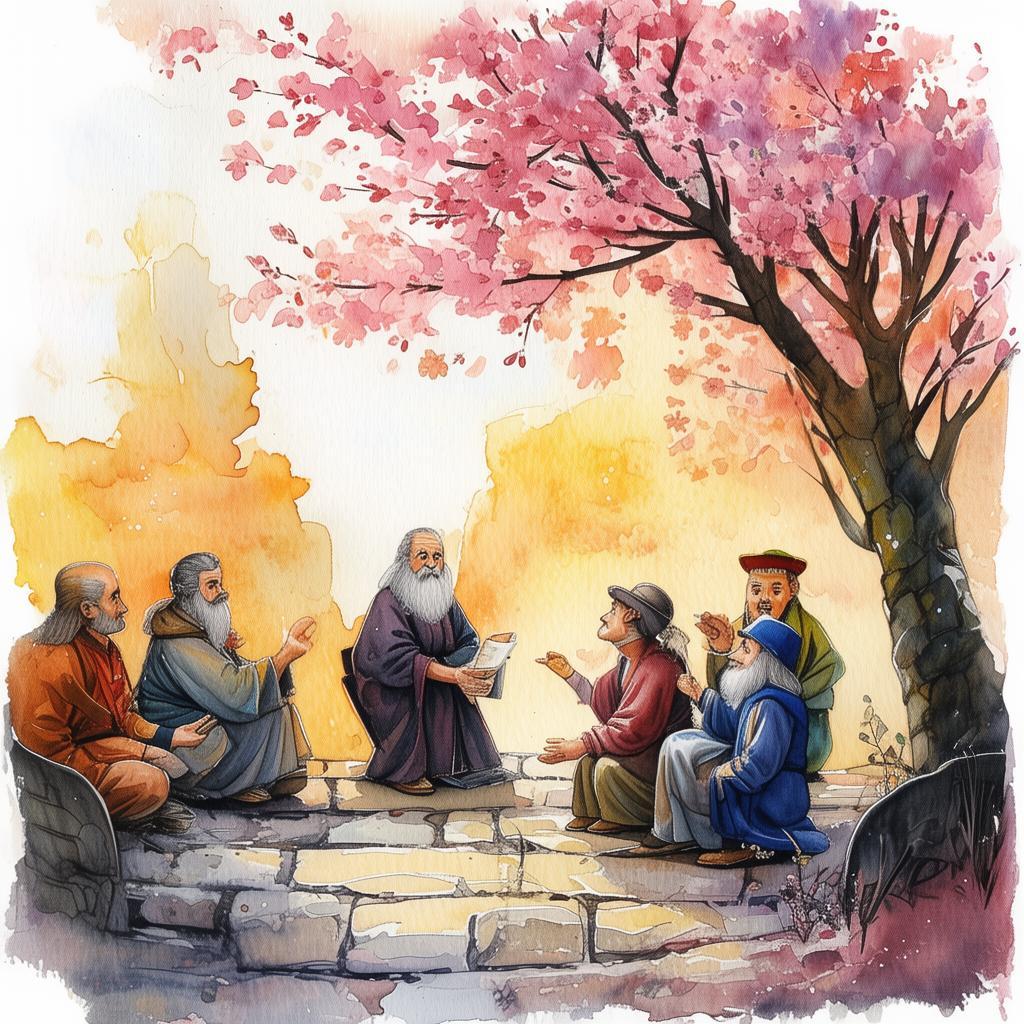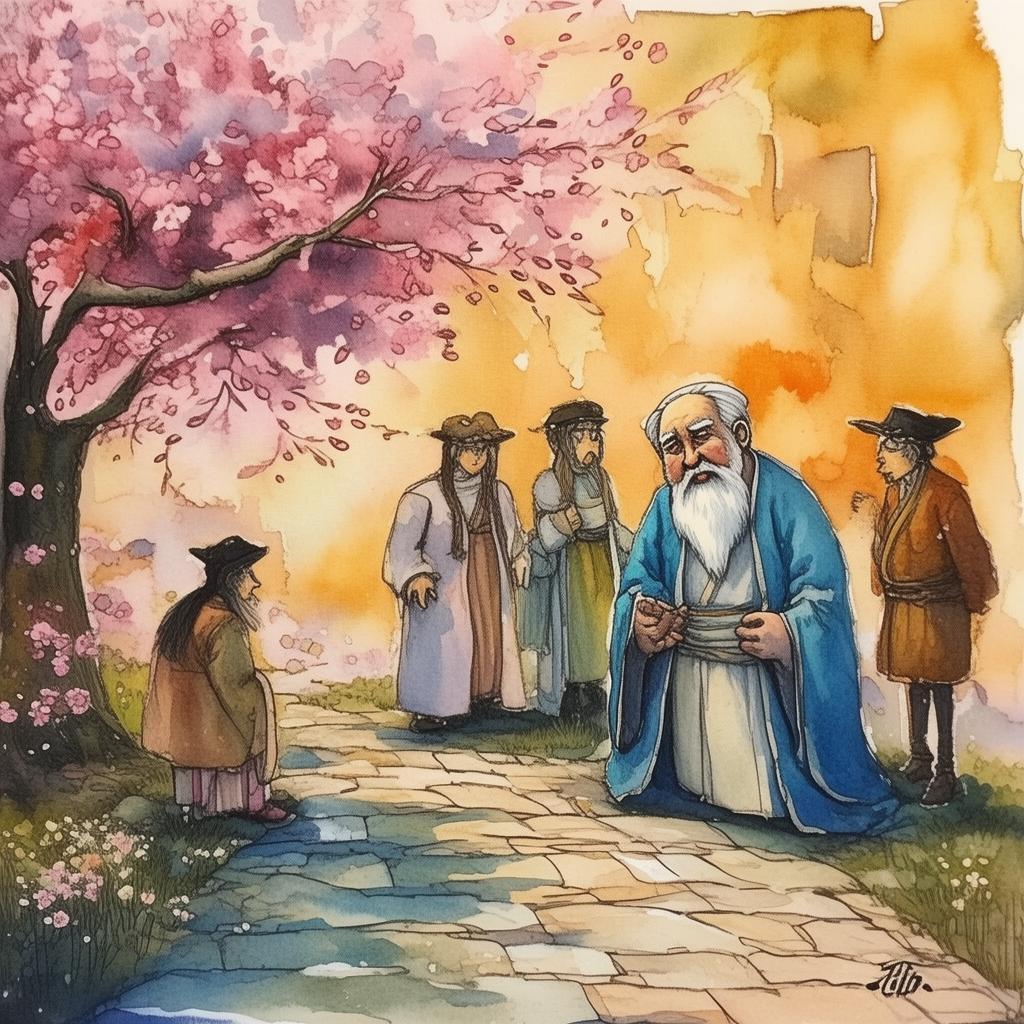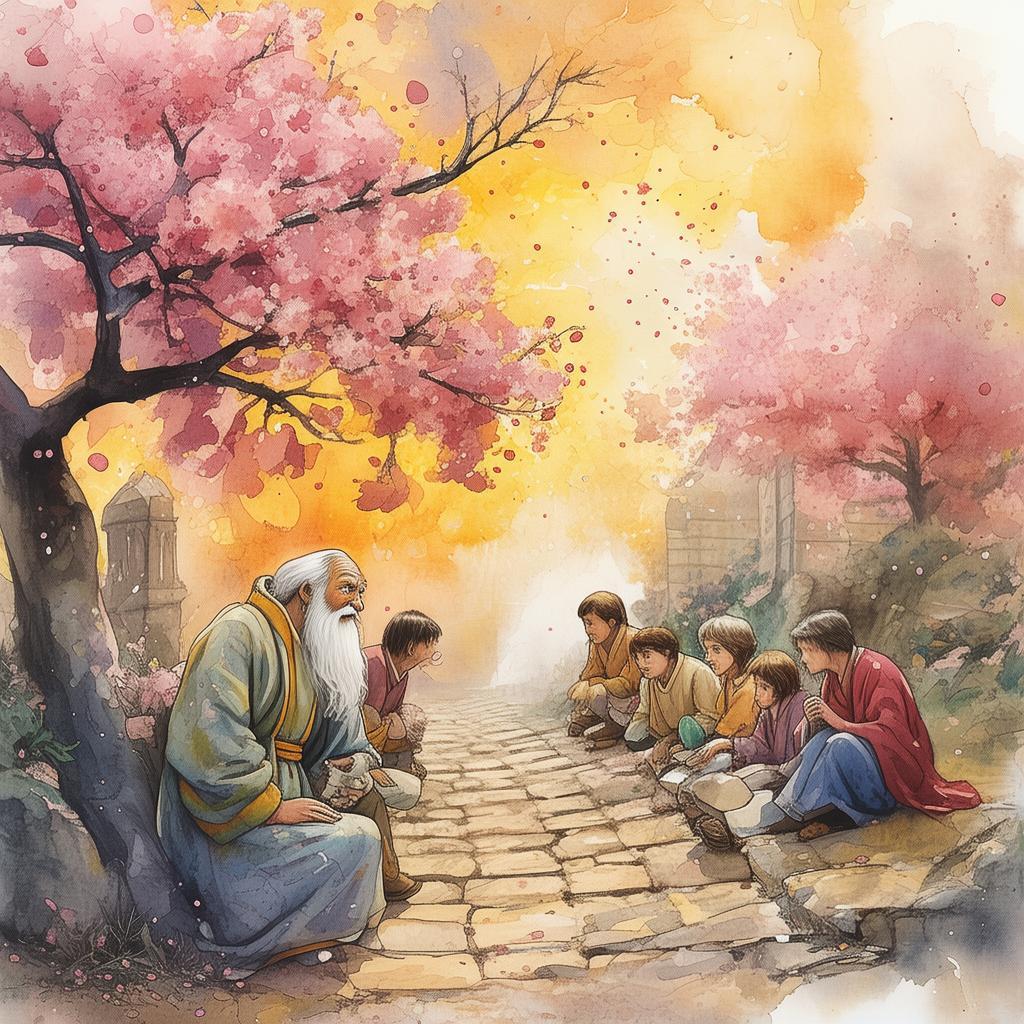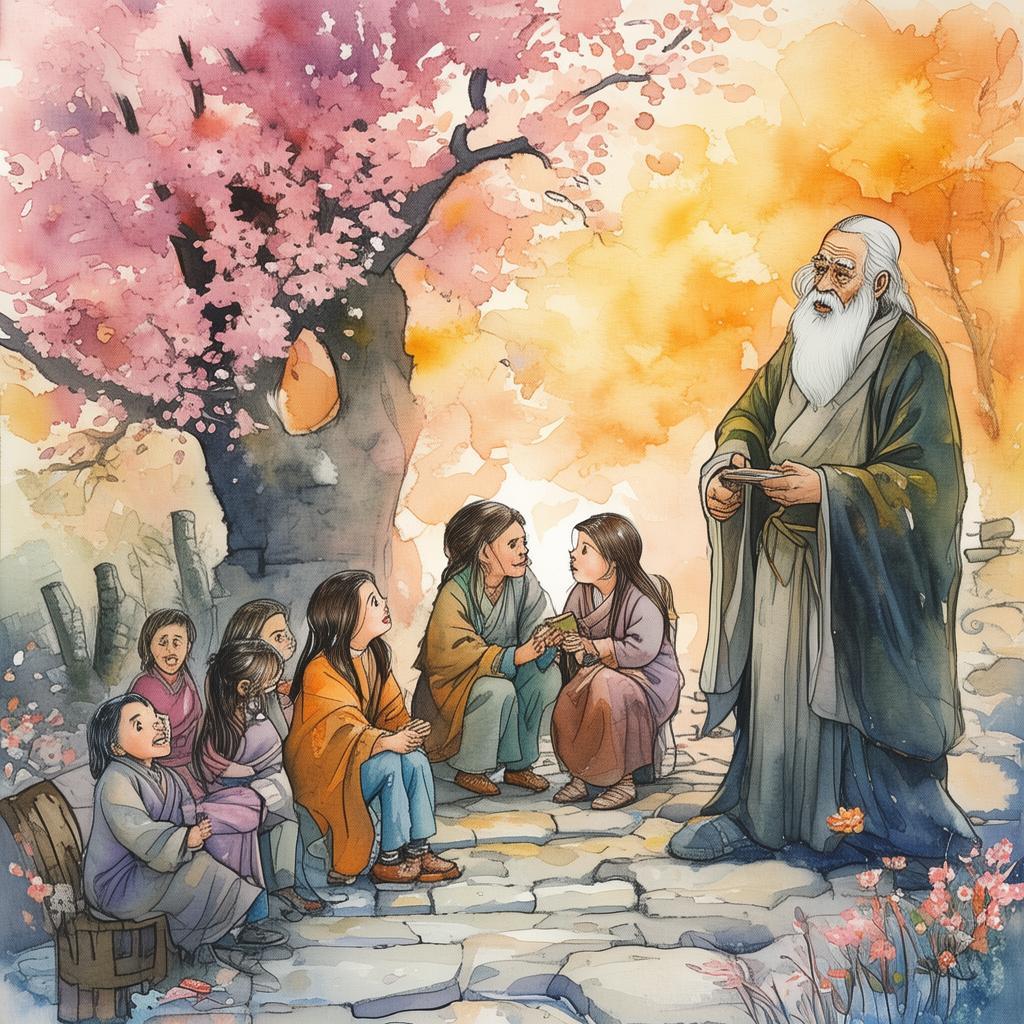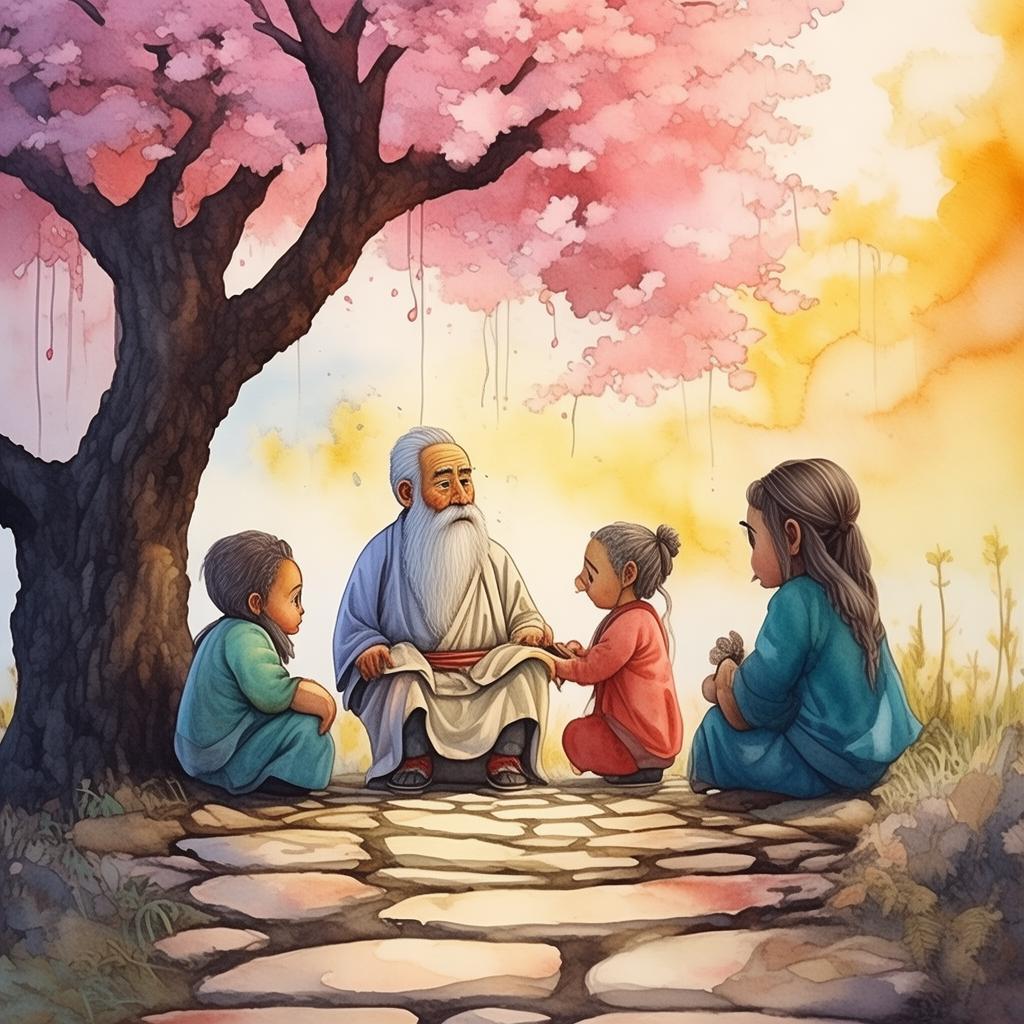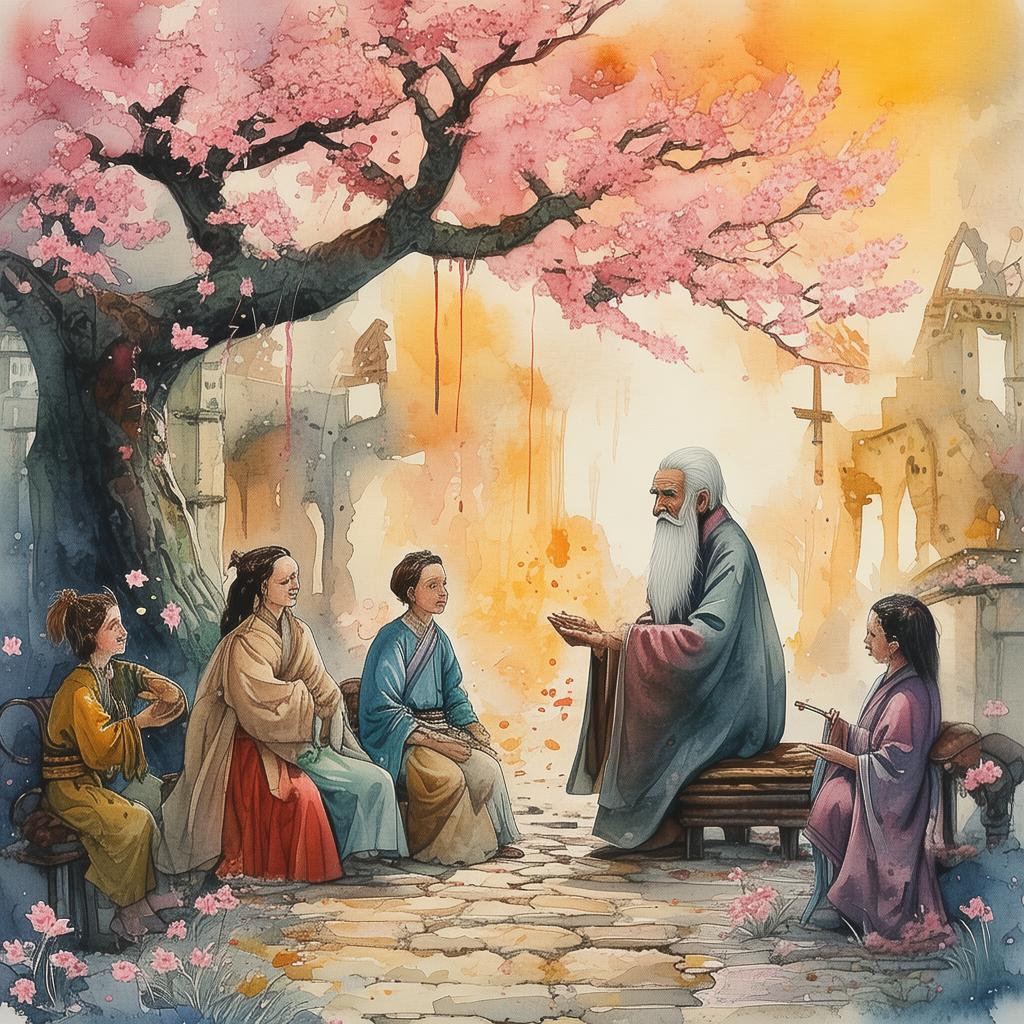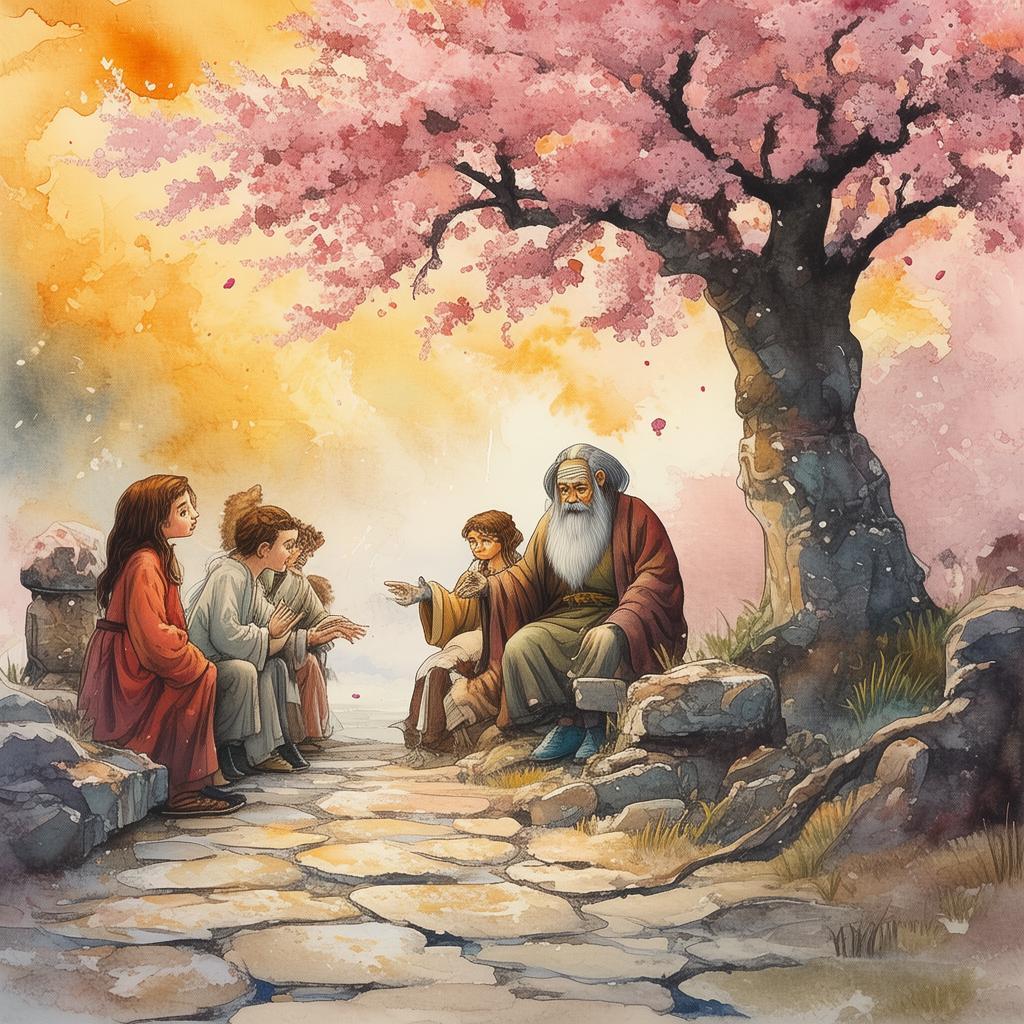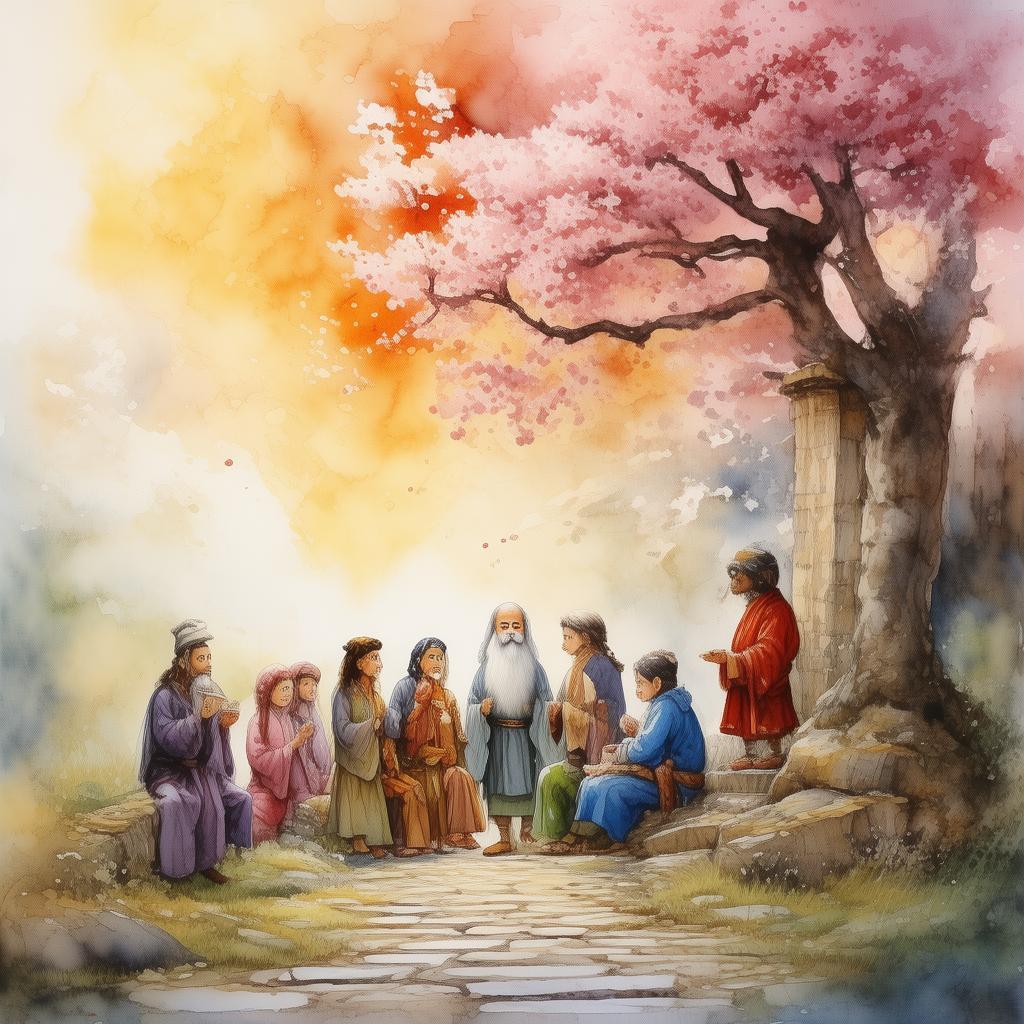The Phoenix's Dilemma: A Race Against Time
In the heart of the bustling metropolis of Lingxia, where the ancient wisdom of idioms was woven into the fabric of society, there lived a young man named Ming. Ming was no ordinary strategist; he was a master of the language of the people, a man who could turn a simple phrase into a weapon of political might. His talent was unmatched, and his name was whispered in hushed tones among the elite.
Ming's life took a sharp turn when he was approached by the mysterious and charismatic leader of the opposition, Lord Qin. Lord Qin was a man who had a vision for Lingxia, a vision that was both revolutionary and dangerous. He sought Ming's expertise to help him navigate the treacherous waters of Lingxia's political landscape.
The task was simple yet daunting: to find the perfect idiom that would unite the people and ignite a movement that would bring about change. But as Ming delved deeper into the world of idioms, he discovered that not all idioms were as they seemed. Some were laced with hidden meanings, capable of causing chaos and destruction.
The Phoenix's Dilemma was a political thriller that played out like a game of chess, with each move a potential death sentence. Ming found himself caught in a web of deceit, betrayal, and danger. He had to be careful, for every word he spoke could either be his salvation or his downfall.
As the clock ticked down, Ming raced against time to find the idiom that would unite the people and bring about the change Lord Qin desired. But as he delved deeper into the labyrinth of Lingxia's political landscape, he realized that the true dilemma lay not in the idiom itself, but in the choices he had to make along the way.
One night, as Ming sat in a dimly lit room, surrounded by ancient scrolls and cryptic notes, he stumbled upon an old, faded book. The book was filled with tales of the Phoenix, a mythical creature that rose from the ashes of its own destruction, symbolizing rebirth and renewal. Ming's heart raced as he realized that the true power of the idiom he sought lay not in its literal meaning, but in its ability to inspire a new beginning.
Ming knew that he had to find a way to use the idiom in a way that would resonate with the people, to ignite their spirits and inspire them to rise above the darkness that had engulfed their nation. But as he pondered his next move, he was confronted with a difficult choice: to use the idiom to bring about change, or to protect the ones he loved from the chaos that was sure to follow.
As the sun rose over Lingxia, Ming stood at the edge of a cliff, the idiom he had chosen in his hand. He knew that his decision would have far-reaching consequences, but he also knew that he could not turn back. With a deep breath, he shouted the idiom into the wind, his voice echoing across the land.
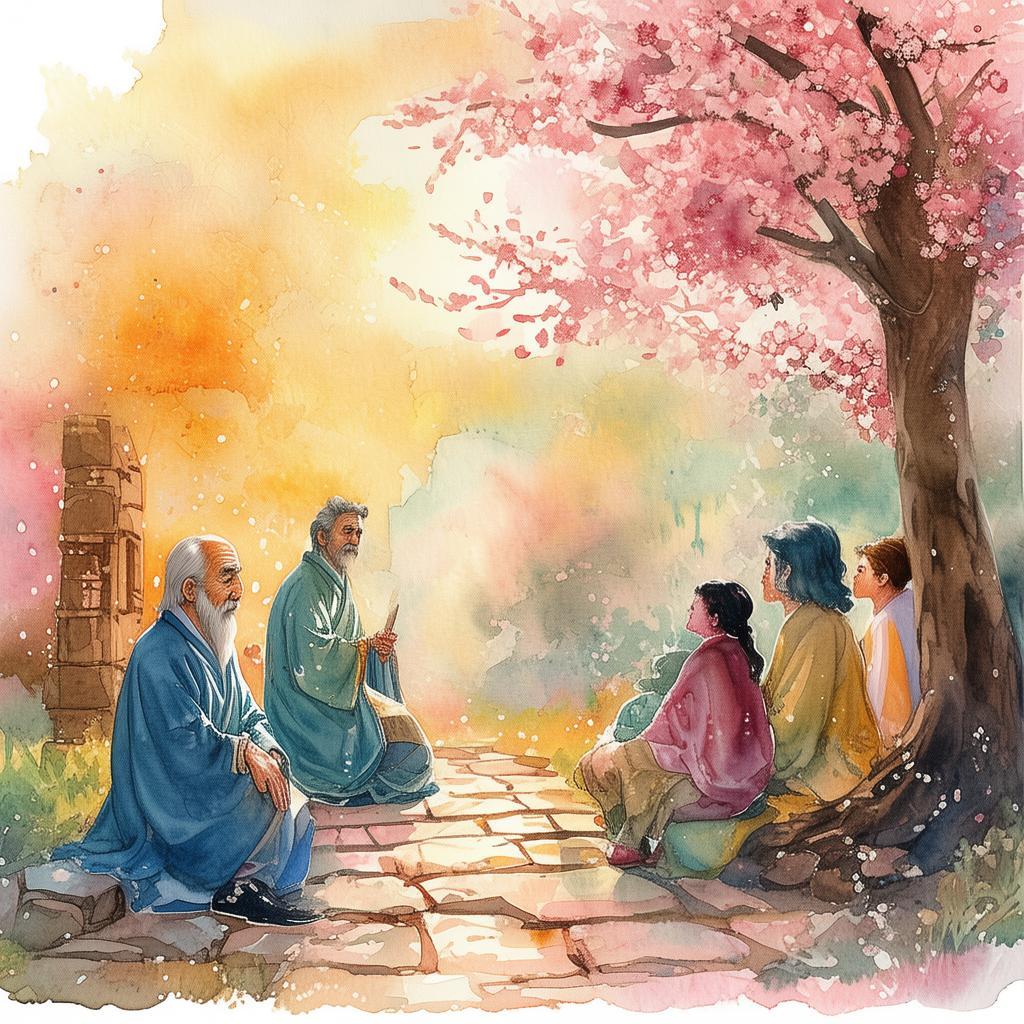
The people of Lingxia were moved by Ming's courage and conviction. They saw in him a leader who was not afraid to stand up for what was right, even in the face of certain defeat. And as the idiom spread like wildfire, it brought with it a sense of hope and unity that had been missing for far too long.
In the end, Ming's choice was not just about the idiom he chose, but about the kind of leader he wanted to be. He had chosen to be a Phoenix, rising from the ashes of his past to bring about a new dawn for Lingxia.
The Phoenix's Dilemma was a story that captured the essence of political intrigue, the power of language, and the strength of the human spirit. It was a tale that would be told for generations, a reminder that even in the darkest of times, there is always hope.
✨ Original Statement ✨
All articles published on this website (including but not limited to text, images, videos, and other content) are original or authorized for reposting and are protected by relevant laws. Without the explicit written permission of this website, no individual or organization may copy, modify, repost, or use the content for commercial purposes.
If you need to quote or cooperate, please contact this site for authorization. We reserve the right to pursue legal responsibility for any unauthorized use.
Hereby declared.
